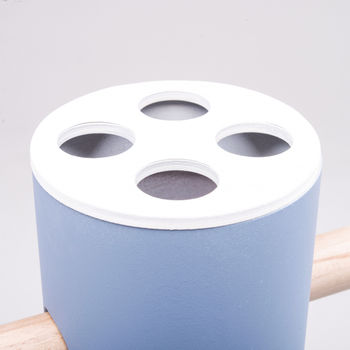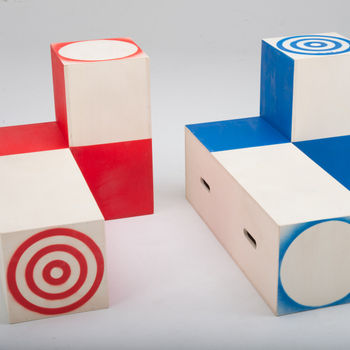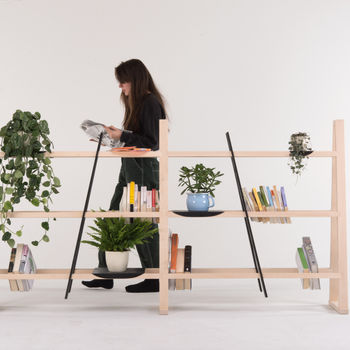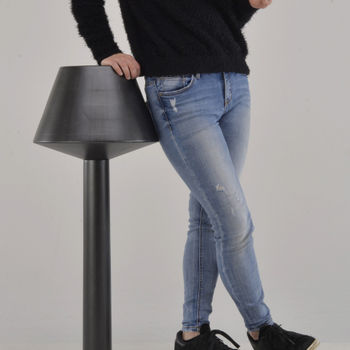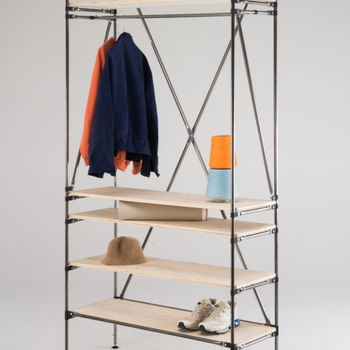The Migration of Forms
Transfer as a Tool for Ideas.
“Our material world is made up of a succession of layers; generation by generation, work by work, each new layer is informed by and created in dialogue with the existing material strata. The food we eat, the spaces we occupy, the written and visual media we engage with, the songs we listen to, the art we spend time with, the films we watch, and the objects we live with were all informed by past material culture and, in turn, will influence future creative decisions.”
This short intro by Jasper Morrison offers a clear vision of our material world, how it evolves and how it is understood and utilised, both structurally and chronologically. We can recognise the inherent law which seems to be working in the background of the theory. It is the principle of transfer, hardly visible in everyday life but rather effective and able to link past material culture with future design ideas.
With this semester project, developed in cooperation with Dr. Waltraud Kofler-Engl, we wanted to continue our long term enquiry into the cultural heritage of our region. Through field study, museum excursions and guided tours, we engaged in a stimulating dialogue with the various layers of our material culture in South Tyrol. To shed light on the different transfer phenomena, we tried to identify the political, socioeconomic, geographic and climatic conditions which contribute to the mobility of people and objects, the flow of forms and ideas, and to metamorphism, the material change in design and architecture.
On 14-17 October, we spent four days in Palermo to visit locations and spaces where everyday objects, art and architecture come together in singular and deeply affective ways. In the context of our semester project we tried to unfold some of the historic layers, where the inspirational aspects of transfer phenomena became the most evident. Research presentations were held onsite, and, back in Bolzano, the students created a beautiful travel book to document eight microstories as vivid examples of the migration of forms.
We did not, however, stop at just conducting research. As practising designers, we appreciate and learn how to apply the principles of transfer, both as a way of seeing and a tool for new ideas.
Klaus Hackl, January 2020
